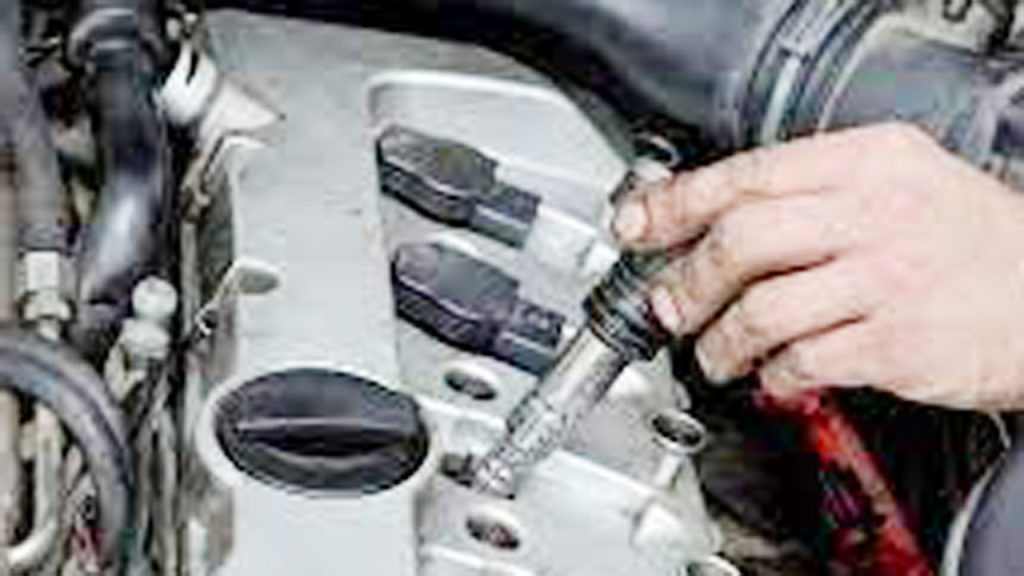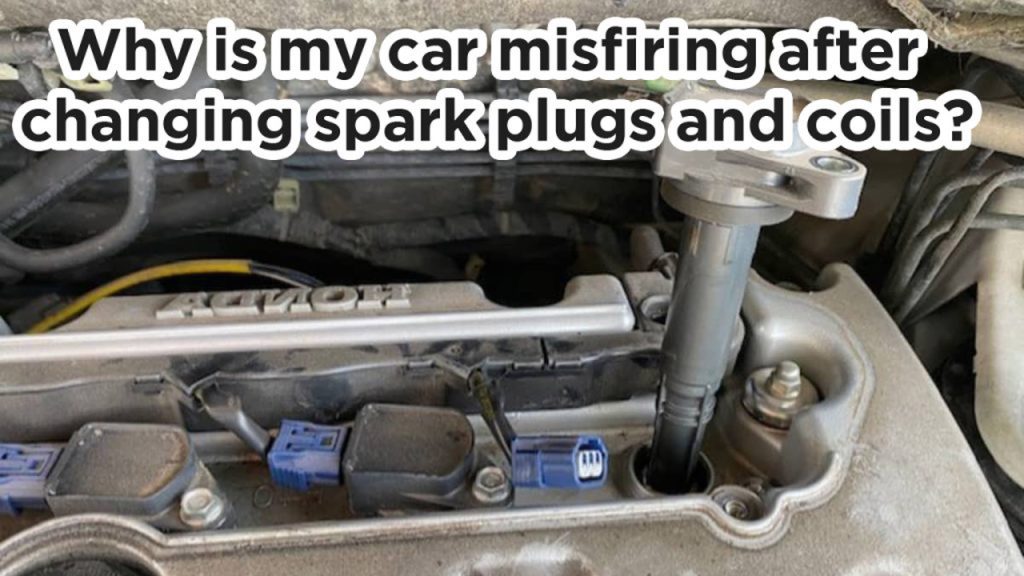If you’ve ever popped the hood of your car or taken it to the mechanic for a misfire, you’ve probably heard the term “ignition coil.” These small but crucial components play a significant role in starting your vehicle and keeping it running smoothly. But one question I’ve often been asked is: do all cars have two ignition coils?

Image by autocareaids
It’s a great question and one that gets to the heart of how modern engines work. In this article, I’ll explain what ignition coils do, how they vary across different types of cars, and why some vehicles might have more or fewer than two.
What Is an Ignition Coil and Why Is It Important?
An ignition coil is an essential part of your car’s ignition system. It’s responsible for transforming the relatively low voltage from your car’s battery into the high voltage needed to ignite the fuel-air mixture in the engine’s cylinders. Without ignition coils, the spark plugs wouldn’t have the power they need to create the spark that starts the combustion process.
In simple terms, the ignition coil is the bridge between your car’s battery and the engine. It’s a small component but plays a big role in keeping your car running smoothly and efficiently.
Do All Cars Have Two Ignition Coils?
The answer is no, not all cars have two ignition coils. The number of ignition coils in a car depends on the type of engine and the design of the ignition system.
In older vehicles, it was common to have just one ignition coil for the entire engine. This single coil would send high-voltage electricity to a distributor, which then directed it to the appropriate spark plug. However, modern vehicles often use more advanced systems with multiple ignition coils.
Different Types of Ignition Systems
Let’s break down the common types of ignition systems to understand why cars might have different numbers of ignition coils.
Single-Coil Ignition Systems
In traditional cars, a single ignition coil is used for the entire engine. The coil sends electricity to a distributor, which distributes it to each spark plug.
- Advantages: Simple and cost-effective.
- Disadvantages: If the single coil fails, the entire engine stops working.
Coil Pack Systems
Many modern vehicles use a coil pack system, where one coil serves multiple cylinders. For example, a four-cylinder engine might have two ignition coils, each serving two cylinders.
- Advantages: If one coil fails, the others can still function, allowing the engine to run (albeit roughly).
- Disadvantages: Still more prone to failure compared to coil-on-plug systems.
Coil-On-Plug (COP) Systems
In this system, each spark plug has its own dedicated ignition coil. This setup is the most common in newer vehicles.
- Advantages: Improves efficiency and reliability. If one coil fails, it only affects one cylinder.
- Disadvantages: Higher upfront cost due to more components.
Factors That Determine the Number of Ignition Coils
Several factors influence how many ignition coils a car has.
Engine Type
The number of cylinders in your engine often dictates how many ignition coils are used. For example:
- Four-cylinder engines: Often use one or two coils, but many modern versions have four (coil-on-plug).
- Six-cylinder engines: May use three coils in a coil pack or six in a COP system.
- Eight-cylinder engines: Frequently use eight ignition coils in a COP system.
Vehicle Age
Older cars typically have fewer ignition coils because they rely on a single coil and distributor. Modern cars are more likely to use multiple coils for improved performance and reliability.
Manufacturer Design
Some manufacturers prefer to use coil packs, while others go for the coil-on-plug approach. It often depends on the design philosophy and cost considerations.
How to Identify How Many Ignition Coils Your Car Has
If you’re unsure how many ignition coils your car has, there are a few simple ways to find out.
- Check the Owner’s Manual: The manual usually lists details about your car’s ignition system.
- Look Under the Hood: You can visually inspect your engine. Coil-on-plug systems will have a small coil directly above each spark plug.
- Ask a Mechanic: A qualified mechanic can quickly tell you how many ignition coils your car has.
Symptoms of Ignition Coil Problems
No matter how many ignition coils your car has, they can fail over time. Here are some common signs of a bad ignition coil:
- Engine Misfires: A failing coil can cause incomplete combustion, leading to misfires.
- Poor Fuel Efficiency: When the spark isn’t strong enough, your engine has to work harder, burning more fuel.
- Difficulty Starting: If the ignition coil can’t generate enough voltage, starting the engine can become a challenge.
- Check Engine Light: A faulty ignition coil often triggers the check engine light.
Ignition Coil Maintenance Tips
To keep your ignition coils in good shape, follow these simple tips:
- Use Quality Fuel: Poor-quality fuel can cause carbon buildup, which can harm the ignition system.
- Replace Spark Plugs: Worn-out spark plugs can put additional strain on the ignition coils.
- Regular Inspections: Have your ignition system checked during routine maintenance.
Comparing Ignition Coil Setups
| Ignition System | Number of Coils | Best For | Key Advantage |
|---|---|---|---|
| Single-Coil | 1 | Older vehicles, simple systems | Low cost and simplicity |
| Coil Pack | 2-4 (varies) | Modern vehicles with fewer cylinders | Some redundancy |
| Coil-On-Plug | Equal to number of cylinders | High-performance and newer vehicles | Maximum efficiency and reliability |
Conclusion
So, do all cars have two ignition coils? No, the number of ignition coils depends on the vehicle’s age, engine design, and ignition system type. Older cars often have one, while many modern vehicles have as many coils as cylinders.
Understanding your car’s ignition system can help you maintain it better and diagnose issues more effectively. Whether you have a single-coil system or a coil-on-plug setup, keeping your ignition coils in good condition ensures your car runs smoothly and efficiently.
FAQs
Can a car have more than two ignition coils?
Yes, cars with coil-on-plug systems often have as many coils as cylinders, so a V8 engine could have eight ignition coils.
What happens if one ignition coil fails?
In a coil-on-plug system, only the affected cylinder will misfire. In a single-coil system, the entire engine may stop working.
How long do ignition coils last?
Ignition coils can last anywhere from 60,000 to 100,000 miles, depending on the quality and usage.
Is it expensive to replace ignition coils?
The cost varies depending on the type of car and ignition system. Replacing a single coil is relatively inexpensive, but replacing all coils in a coil-on-plug system can add up.
Can I drive with a bad ignition coil?
It’s not recommended. A bad ignition coil can cause misfires, reduced fuel efficiency, and potential engine damage over time.

